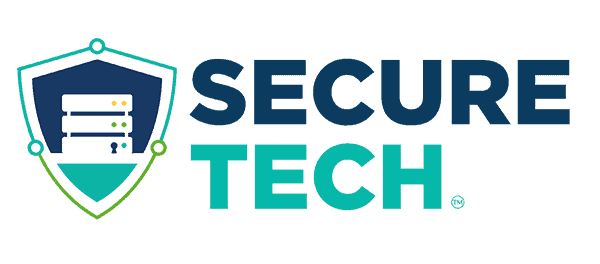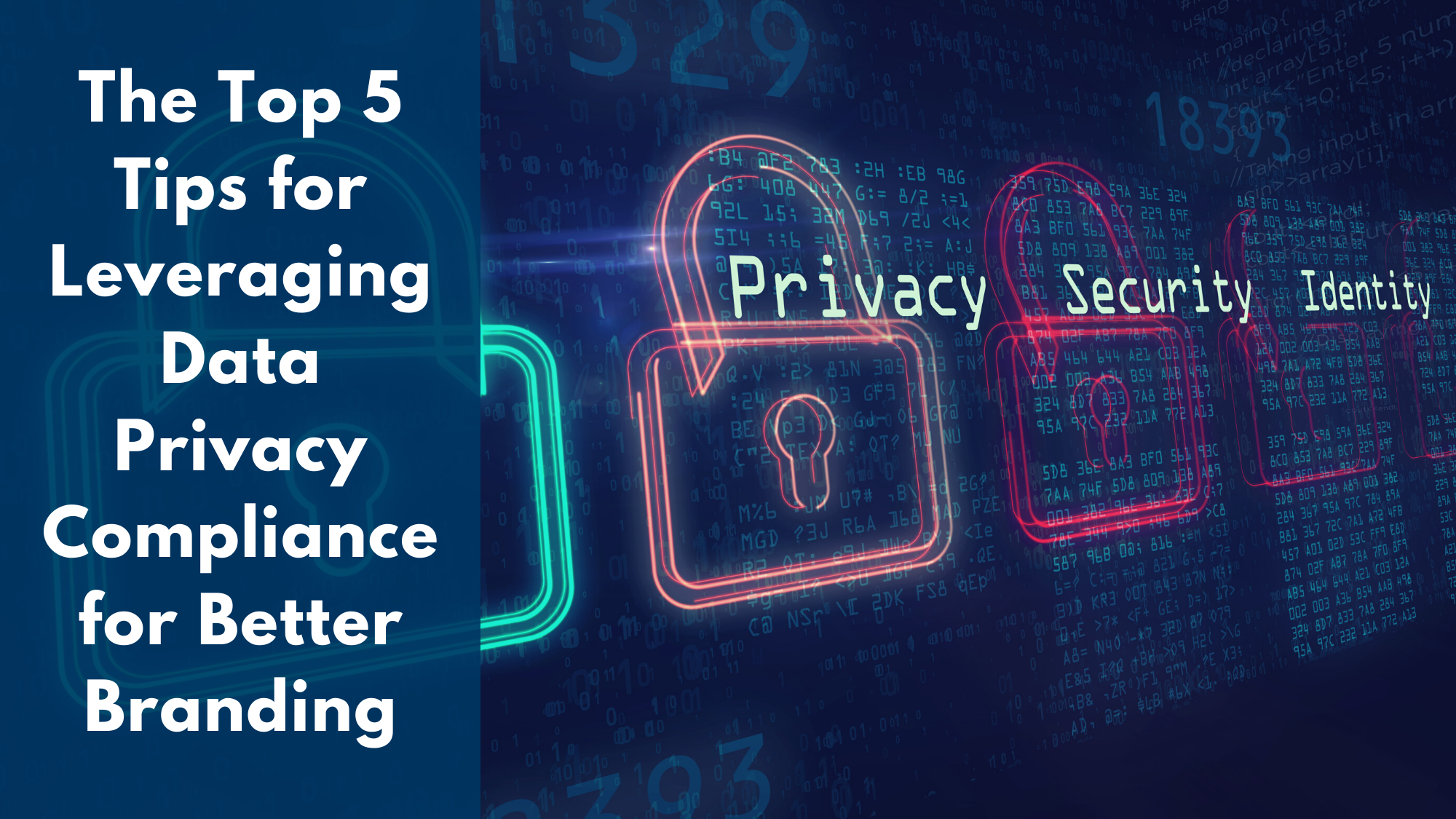Fact: According to a report by CISCO, over 84% of consumers want to exert more control over how their data is being used
Following California’s Consumer Privacy Act (CCPA) passed in 2021, privacy requirements are increasingly stringent as we near the end of 2021. This has led many other states to consider similar legislation. As a result, companies should be aware of the new data privacy laws that will become effective in 2021. And use it to make informed business decisions, since they now have to comply with more data privacy laws than ever before. Keeping up with the CCPA and other important privacy laws and industry standards entails much more than a brief privacy law update and presents many opportunities to engage customers.
In the United States, 30% of companies were compliant with the CCPA in 2019.
Data protection should be considered at every stage of a business’s lifecycle, from product development to sales outreach to content curation and employment policies.
The Top 5 Tips For Leveraging Data Privacy Compliance
To generate positive user experiences out of complying with privacy laws, we present some effective ideas:
1- Steer clear of data privacy compliance jargon
It is important to avoid using words that are difficult for customers to understand or sound too technical, as this can imply a lack of concern for consumers. You can demonstrate your commitment to protecting customer data by using language that engages customers.
As an example, rather than saying “aggregate information” in your privacy statement, try writing something like this: “We will never share any data with third parties without your permission (except for authorized law enforcement agencies). One way to achieve this is to consistently audit the language used in privacy statements.
2- Deploying modern analytics tools to comply with privacy regulations
The data privacy compliance landscape is an evolving and intricate one. The right analytics tools can make all the difference in data privacy compliance by enabling compliance with complex regulations via the automation of the auditing process. These tools enable compliance via predefined auditing workflows. The result? You’ll spend less time on tedious tasks, pay more attention to your customers’ needs and reaffirm to them that their data is safe while staying in compliance.
3- Provide adequate training to employees on data privacy practices
Data protection has become the number one priority for any business in the era of consumer data protection. Therefore, employees need to know what their company wants them to do and how they should do it in order to ensure customer satisfaction.
Employees should be trained on securely handling customer data according to company policies. It is equally important that they are made aware of the consequences of violating them. Expert lead workshops and webinars can deliver effective training by sharing insights regarding the nuances of data policy provisions and strategies for robust compliance.
4- Ensuring swift response to customers’ data requests
When it comes to data privacy compliance, promptly responding to consumer requests is essential. Customers expect their concerns to be heard and addressed quickly. This means responding not just inside the time frame dictated by law, but also outside those parameters.
A quick response can lead to a better brand image and boost customer confidence.
Brands that are proactive here are at an advantage in strengthening customer loyalty at a grassroots level. Responding quickly to consumer requests shows that you take data privacy seriously. It can also help build trust with your customers and lead to a better brand image. To ensure that your data privacy compliance program runs smoothly, have the resources in place. Designating a team or individual responsible for handling such requests can help maintain response speed.
5- Making data privacy information accessible
Listing data privacy compliance information on your website is a highly effective way to fulfill consumer expectations. In addition, it demonstrates that you’re dedicated to protecting their online security and privacy. Ensuring transparency by making relevant information easy for them to find further pushes these ideas. Brand loyalty can often be built upon strong foundations such as these.
Here are a few key considerations in this regard:
- Ensure the site design isn’t distracting from key points
- Identify any data-sharing agreements between service providers or third parties where appropriate
- Provide links directly back to the page containing more detailed information if needed
CCPA vs. GDPR: What is the difference?
The CCPA and GDPR are both designed to protect consumer data but are slightly different in nature.
The GDPR is an EU law that applies to all countries within the European Union. At the same time, the CCPA was passed by California lawmakers last year to give consumers more control over their personal information online.
A comparison reveals that the CCPA has a more significant penalty for non-compliance than GDPR. However, the most notable difference between the two laws is what information companies can collect about their users and how they use this information. For instance, the GDPR doesn’t allow the collection of sensitive personal data such as political affiliation or sexual preference. In contrast, CCPA does not put restrictions on which type of personal data can be collected (as long as there is consent).
The criticality of going beyond a privacy policy and investing in agile data privacy compliance solutions
Many organizations had already developed comprehensive plans for complying with evolving data privacy requirements well before 2020 to ensure successful implementation at scale without delay.
What are you doing to keep up with evolving regulations?
If your company is struggling or doesn’t have the budget for new technologies, we can help. Our experts will ensure that your business stays compliant and customer-ready through automation tools and analytics services that safeguard customer privacy. The data compliance san Antonio tx team will be happy to answer any questions you may have and discuss our customer data protection solutions in detail! We can help you ensure that your company complies with all applicable laws and regulations governing customer data handling. For more information on data privacy compliance, visit our website or call us at (210) 798-0889.

